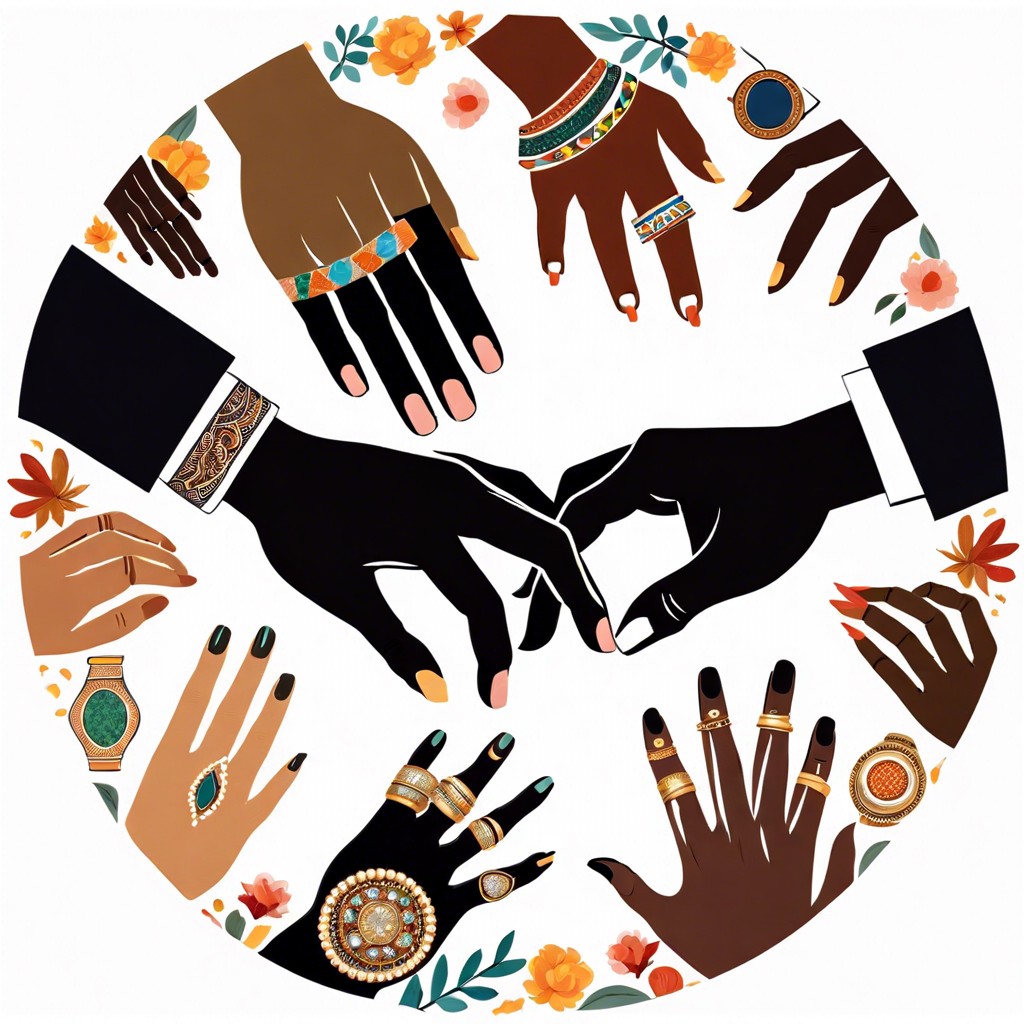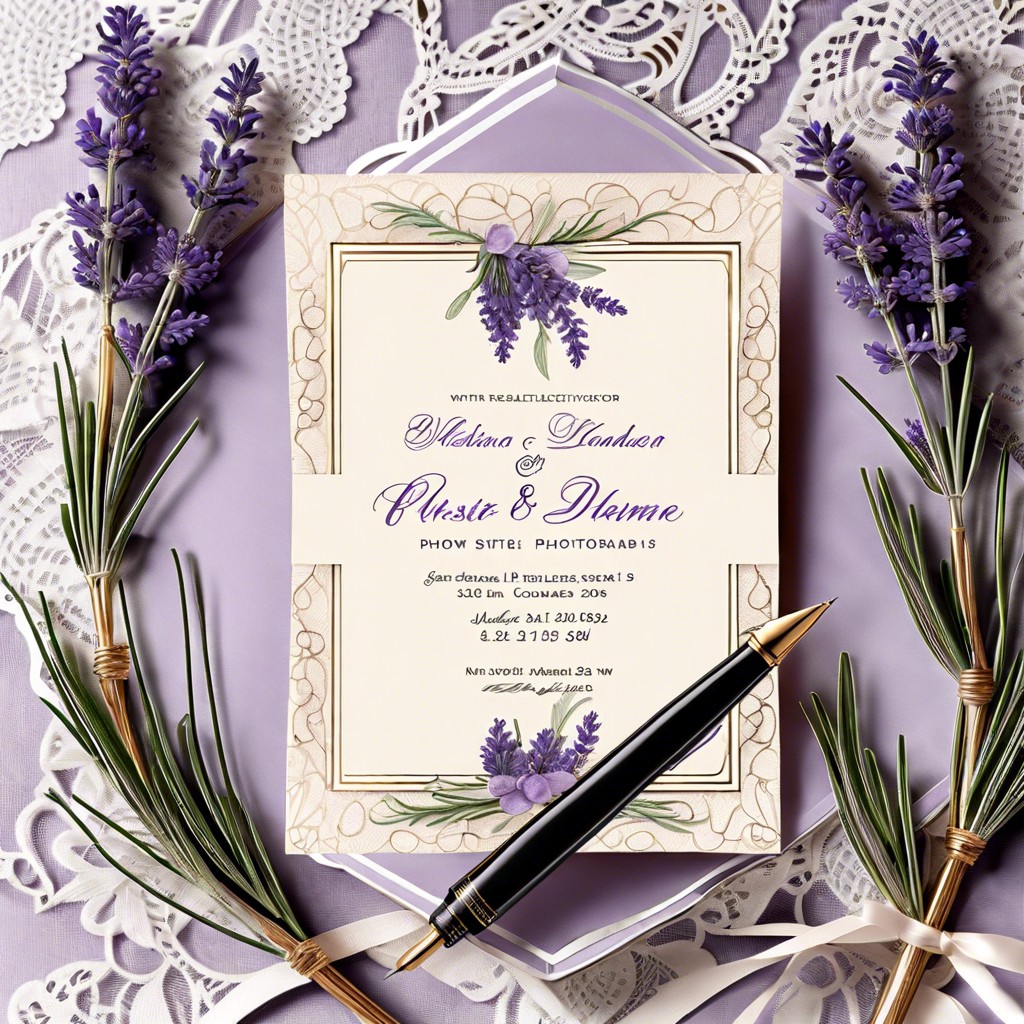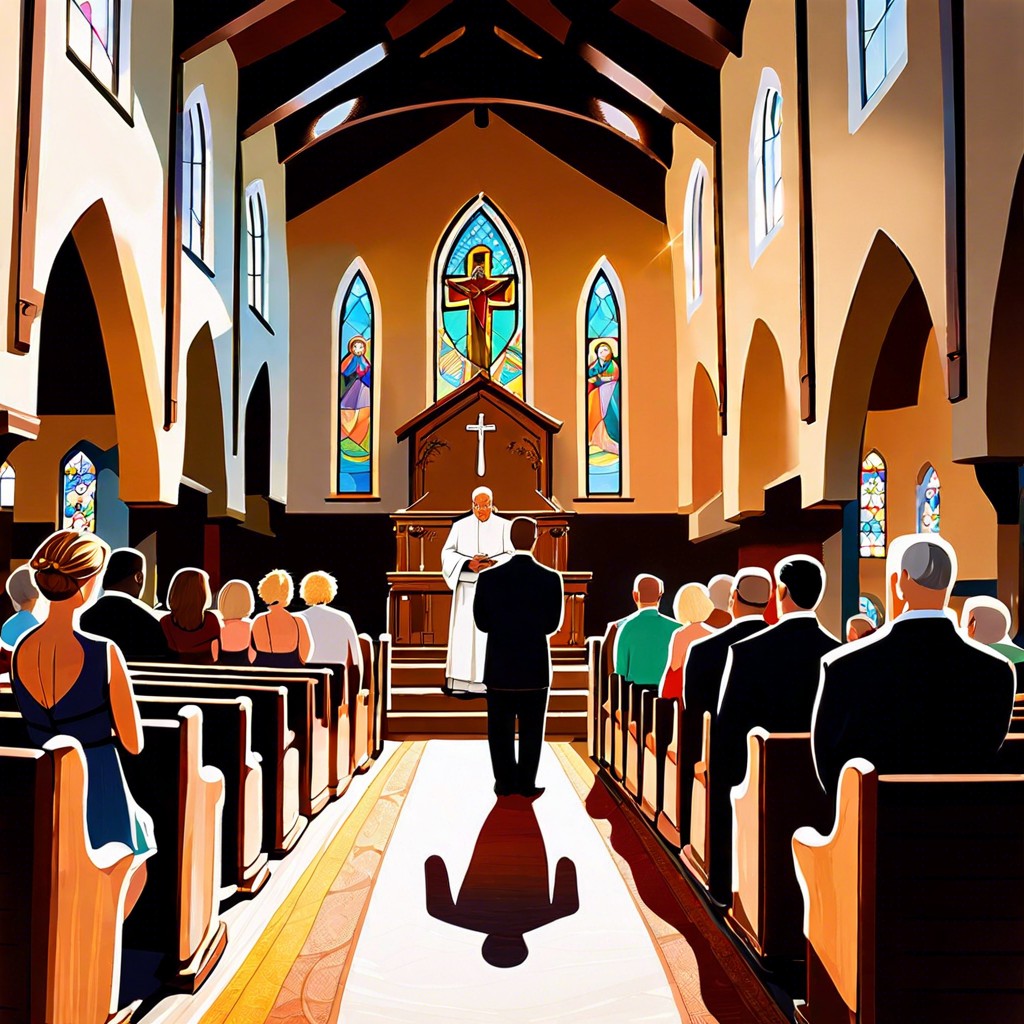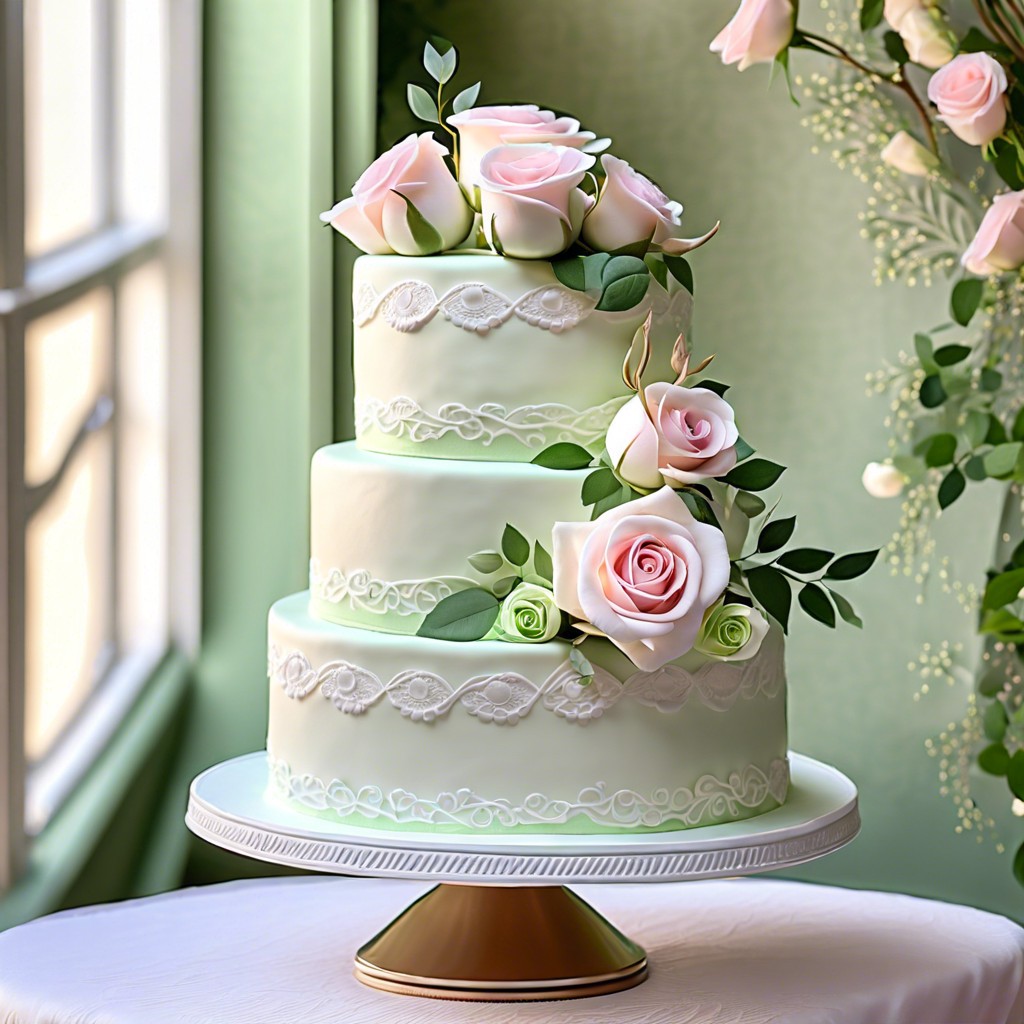Discover the typical duration of a wedding reception and what factors can influence its length.
Key takeaways:
- Most wedding receptions last 4-5 hours.
- Factors influencing reception length: venue policies, meal style, cultural traditions, entertainment/activities, wedding size.
- Typical sequence of events: cocktail hour, grand entrance, meal service, toasts/speeches, first dance, party time/dancing, cake cutting, bouquet/garter toss, last call/last dance.
- Plan for overtime: check venue contract, coordinate with vendors, consider guests’ convenience, allow schedule buffer, communicate protocol for overtime authorization.
- Tips for smooth reception flow: create detailed timeline, choose a confident MC, communicate schedule to vendors, consider guest needs, allow flexibility, prepare appropriate playlist/set list.
Typical Duration of a Wedding Reception

Most wedding receptions last between four to five hours. The time is allocated to accommodate various traditions and activities without feeling rushed.
Within this span, guests typically experience a cocktail hour, dinner, speeches, first dances, and open dancing. A four-hour reception is often considered standard, while a five-hour event allows for extended celebration and mingling.
It’s essential to check with your venue regarding their time restrictions, as this may impact the end time of the reception. Keep in mind that your reception’s duration will also affect your budget, as longer celebrations may incur additional costs for staff, rentals, and entertainment.
Factors Influencing Reception Length
Several elements play a crucial role in determining how long your wedding reception lasts:
1. Venue Policies: Reception venues often have predetermined time slots. Check with your venue for their closing times and any overtime fees.
2. Type of Meal Served: A sit-down dinner takes longer than a buffet or cocktail reception, altering the timeframe of the event.
3. Cultural Traditions: Some cultures have specific ceremonies or dances that can extend the length of a reception.
4. Entertainment and Activities: The inclusion of activities like photo booths, games, or live performances may require additional time.
5. Wedding Size: Larger weddings might need more time for elements like the receiving line, toasts, and dinner service.
6. Transportation and Logistics: If your ceremony and reception are at different locations, consider travel time and its impact on your schedule.
Remember, these factors are not just about extending the evening; they’re about ensuring your reception includes all the elements you find important without feeling rushed.
Customary Reception Events and Their Timing
Understanding the sequence of events during a reception helps with timing:
- Cocktail Hour: Immediately following the ceremony, typically lasts 1 hour.
- Grand Entrance: Takes about 5-10 minutes.
- Meal Service: Will vary based on style; plan for 1-1.5 hours for a sit-down dinner or buffet.
- Toasts and Speeches: Allocate 2-3 minutes per speaker, with a total of 30 minutes.
- First Dance: Generally lasts the span of a single song, around 3-5 minutes.
- Parent Dances: Similar to the first dance, dedicating 3-5 minutes per dance.
- Party Time/Dancing: This is the bulk of the reception, typically 2-3 hours.
- Cake Cutting: Usually takes about 15 minutes, can signal the end of formal events.
- Bouquet and Garter Toss: If included, allow for roughly 10-15 minutes total.
- Last Call and Last Dance: Signal the end is near, with about 20-30 minutes remaining.
Remember, these are estimations, and the flow can be tailored to fit personal preferences and cultural traditions.
Planning for Overtime
Considering that festivities might extend beyond the expected timeline, it’s wise to prepare for overtime early in the planning process. Here’s how:
- Venue Contract: Check your venue’s policy on overtime fees and how they’re calculated. Knowing the hourly rate for additional time helps avoid surprises in your budget.
- Vendor Coordination: Inform your vendors (DJ, photographer, caterer) about the possibility of an extended celebration. Ask about their overtime rates and conditions to ensure they’re available if needed.
- Guests’ Convenience: If there’s a chance that your reception will go late, think about transportation and accommodation for your guests. Providing options for safe travel and nearby lodging shows consideration.
- Schedule Buffer: Allow a buffer in your schedule between key events and the planned end time so unexpected delays don’t automatically incur overtime.
- Communication: Let your wedding coordinator or point person know the protocol for authorizing overtime to avoid any confusion on the big day.
Proactively planning will enable you to enjoy the festivities fully, even if the celebration extends past the anticipated end time.
Tips for a Smooth Reception Flow
Create a detailed timeline with your wedding planner, ensuring transitioning between each part of the celebration is clear.
Select a confident and professional Master of Ceremonies to keep the event on track and engage your guests.
Communicate the schedule to your vendors, particularly your caterer and entertainment, so their preparations align with your reception’s flow.
Consider the needs of your guests, including meal times and the length of any speeches or performances to maintain engagement.
Allow some flexibility within your schedule to accommodate any unforeseen delays or spontaneous moments that add to the joy of your reception.
Prepare a playlist or set list that reflects the energy you want to maintain throughout the event, with appropriate pacing for dining, dancing, and quieter moments.



